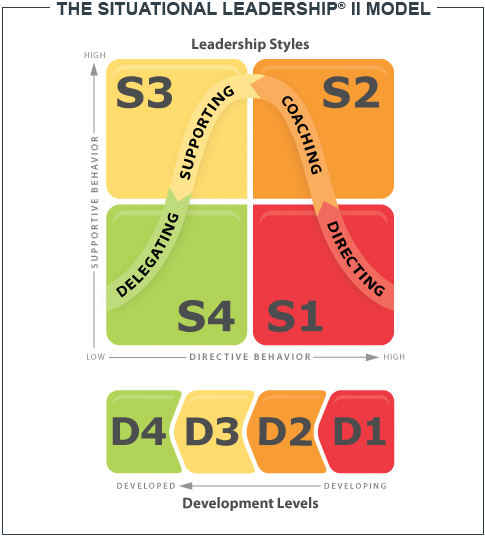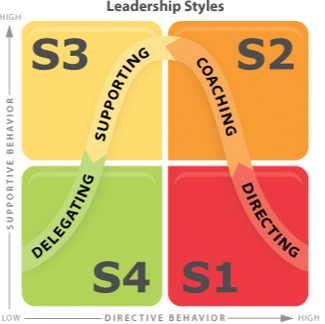|
In the past 7 years I have seen countless cases on delegation done wrong - to be more exact, delegation done in the wrong context. What do I mean by context? Have a look at the following diagram (the Situational Leadership II Model is developed by the Ken Blanchard Companies): Allow me to briefly explain what this model is about. Let me start with the D's on the bottom. D stands for development - it's the levels of confidence and competence of the learner. I'm blanking out of the exact names of each level since it has been a while since I last read the book, but here are the nuances:
"S-Zero" and "S-WHAT?"
So I part with these questions (that I don't have the answers to... I'm still learning. I need your intel.):
0 Comments
Your comment will be posted after it is approved.
Leave a Reply. |
AuthorI'm Candice and I doodle with the intensity of the doomguy. Categories
All
Archives
March 2021
|



